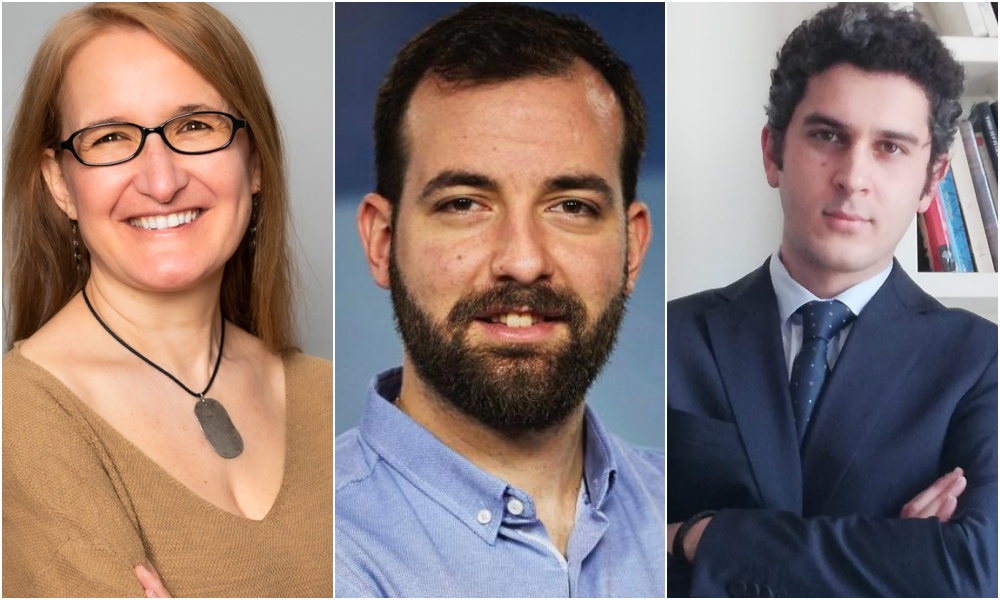The European Court of Human Rights (ECtHR) has ruled that Turkey violated Article 8 of the European Convention on Human Rights as well as Article 2, as concerns two of the applicants, in a case concerning the revocation of three academics’ passports following an attempted coup in 2016.
Judgment Telek and Others v. Türkiye – Withdrawal of passports of three academics and impossibility to pursue doctoral studies abroad https://t.co/BR3j4R8LjO#ECHR #CEDH #ECHRpress pic.twitter.com/6kKDIkgAeu
— ECHR CEDH (@ECHR_CEDH) March 21, 2023
Passports of academics Alphan Telek, Edgar Şar and Zeynep Kıvılcım were revoked in connection with their dismissal on various dates between 2016 and 2017 from the civil service following a state of emergency declared after the attempted coup on July 15, 2016.
The revocations lasted two years, eight months for Telek and Şar and three years, 10 months for Kıvılcım, who currently lives in Germany.
Although the academics lodged administrative and individual appeals against the decisions to cancel their passports, their appeals were dismissed by the administrative courts and the Turkish Constitutional Court. They ultimately obtained new passports following the entry into force in 2019 of additional section 7 to the Passports Act (Law no. 5682).
The applicants complained that the cancellation of their passports violated their “right to respect for private life,” with Telek and Şar arguing that it prevented them from pursuing their professional plans and academic research abroad, and Kıvılcım claiming that her inability to obtain a valid passport had caused difficulties in her private and professional life during her stay in a foreign country.
Telek and Şar also argued that the measure violated their “right to education.”
Observing that the measure imposed on the academics had been “open to arbitrariness” and “hadn’t satisfied the requirement of lawfulness,” the court said there had been a violation of Article 8 of the convention (right to respect for private life).
Regarding Article 2 of Protocol No. 1 to the convention (right to education), raised by Telek and Şar, the ECtHR concluded that there had been a violation since the measure made the academics unable to pursue their doctoral studies at the foreign universities to which they had been admitted.
The court on Tuesday ordered Turkey to pay Telek and Şar 12,000 euros each, in pecuniary and non-pecuniary damages, and Kıvılcım 9,750 euros in non-pecuniary damages and 1,000 euros for costs and expenses.
All three academics were among the signatories of a petition titled “We will not be accomplices to this crime” and signed by 1,128 academics and other intellectuals calling themselves “Academics for Peace.”
The declaration called on the government in early 2016 to halt operations by security forces in southeastern Turkey, restore peace to the country and return to the negotiating table to restart shelved talks to find a peaceful solution to the Kurdish issue.
The Kurdish issue, a term prevalent in Turkey’s public discourse, refers to the demand for equal rights by the country’s Kurdish population and their struggle for recognition.
The move attracted widespread criticism from the government. Many of the signatories were fired, sentenced to prison or subjected to overseas travel bans.



